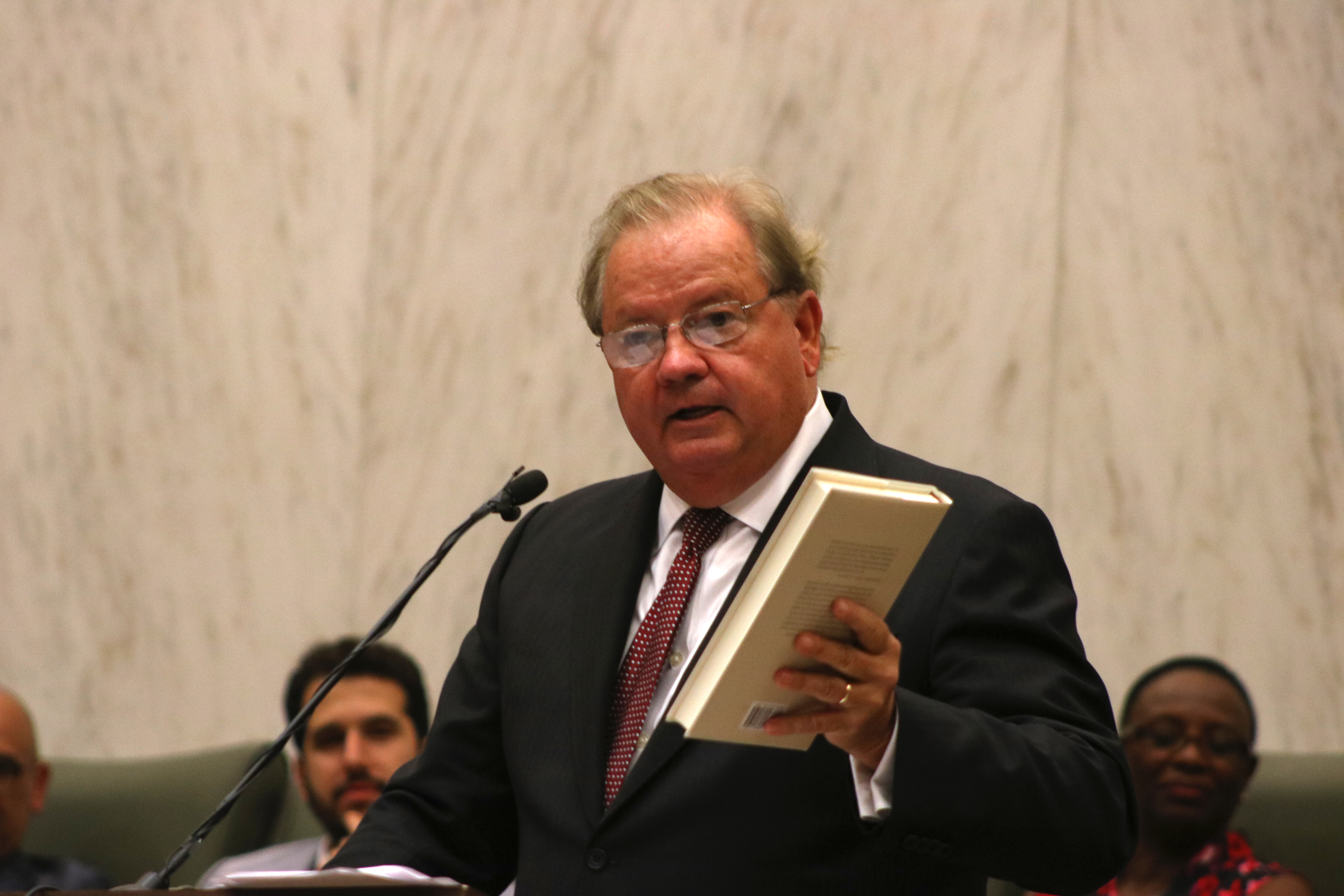Old Lessons for the Mueller Hearings about Listening and Learning from dean Nick Allard

“Enjoy life, don’t struggle to make sense out of the painful and incomprehensible. Why does anyone need yet another commentary about former special counsel Robert S. Mueller III’s upcoming Congressional testimony? You have many other important things to do instead of writing about it. It’s an unnecessary distraction from your work”.
This wise and tempting advice came from a young lawyer whose judgment I respect, my son Tyler. But then this morning I was reminded of an old story about two sisters, Martha and Mary, who were visited long ago by a famous relative. He arrived with many of his students who he was teaching about the greater good and justice. Martha was upset that Mary was spending her time listening to the inspirational teacher’s lessons rather than helping Martha cook and accommodate their guests. When Martha complained, the teacher answered that he understood that she was worried about many things but that Mary was focusing on what was more important.
Our times are full of many upsets including threats to the future of the very life of our planet as we know it due to severe weather, climate change and the pollution of our seas and lands. We justifiably also worry about severe threats to peace, equality and justice. Even so, at this moment the future of our constitutional democracy is a critical concern for all Americans. That is because our unique system of limited government serving a free people historically has empowered us to solve big problems and overcome challenges by listening, learning and working together. That, for example, is a lesson of our observance of the 50th anniversary of the remarkable Apollo XI moon landing.

Brooklyn Boro
View MoreNew York City’s most populous borough, Brooklyn, is home to nearly 2.6 million residents. If Brooklyn were an independent city it would be the fourth largest city in the United States. While Brooklyn has become the epitome of ‘cool and hip’ in recent years, for those that were born here, raised families here and improved communities over the years, Brooklyn has never been ‘uncool’.